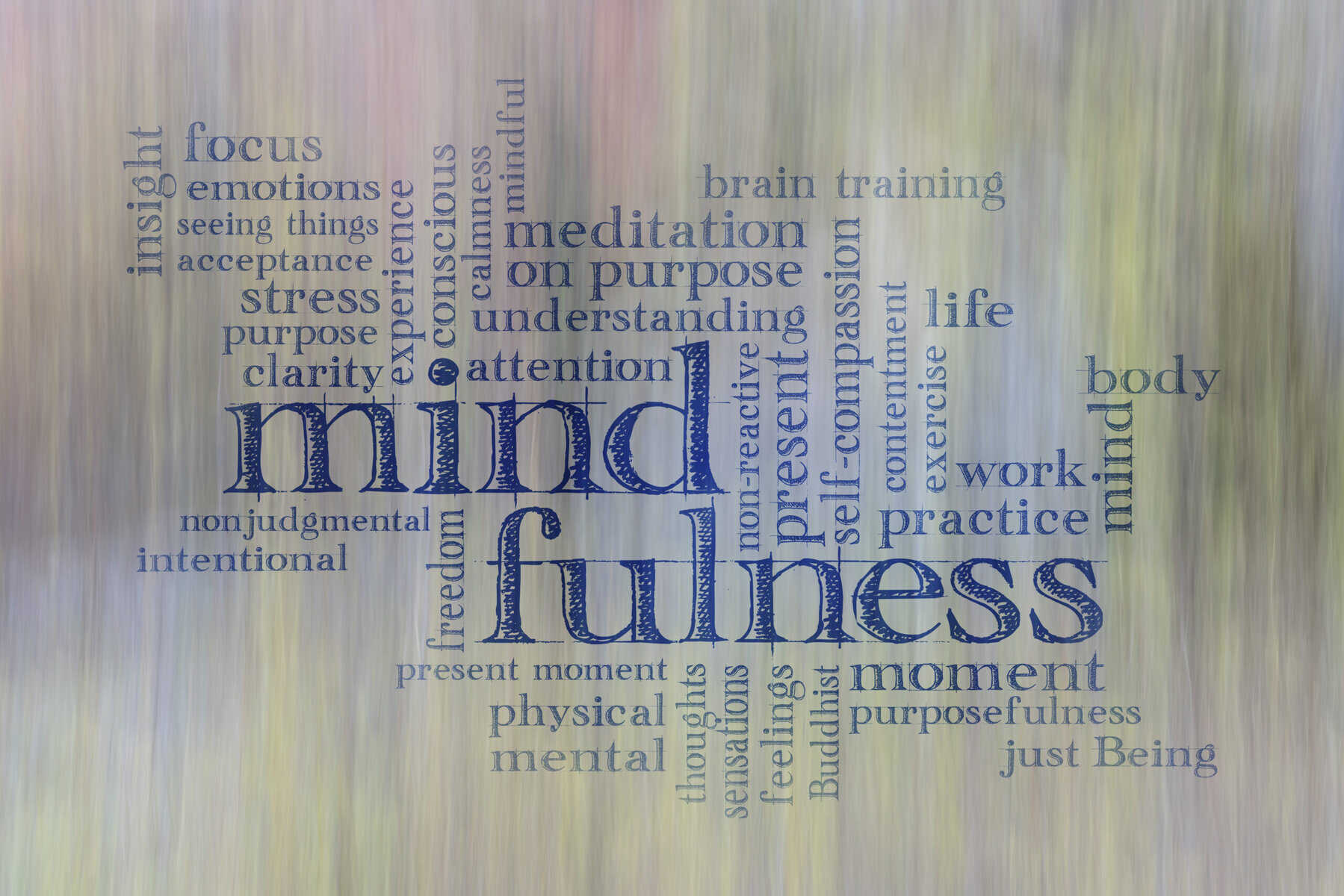Can meditation heal the brain?
Yes. Studies show that meditation can change the brain’s structure and neural pathways in order to improve memory and focus, regulate emotions, and reduce stress levels.
Do you ever feel like your brain is running on overdrive? Constantly thinking, worrying, and stressing? You’re not alone.
It’s easy to get caught up in the mad routine of daily life. But there is a way to calm your mind and improve your brain health at the same time. It’s called meditation.
It has been practiced for thousands of years to strengthen inner peace and mindfulness, and to connect to the divine within. But since the 1950’s, scientists have been investigating meditation’s effects on the body and brain. In the last 30 years, this research has accelerated as more studies show the impact of regular meditation on the structure and function of the brain. The results so far are truly impressive.
So can meditation heal the brain? Yes – let’s take a closer look at how it works and, more importantly, how it can improve mental wellness at any age.
The Science Behind Meditation and Brain Health
Source: Scientific American
In a nutshell, meditation improves brain health by rewiring neural pathways and changing the structure of certain areas of the brain, with positive effects. For instance, meditation has been shown to increase the thickness of the prefrontal cortex (PFC), the part of the brain responsible for decision making, attention, and self-awareness. This means that by meditating regularly, you could potentially improve your ability to focus and make better decisions.
At the same time, meditation helps reduce cell volume in the amygdala, the area of the brain that governs feelings of fear, anxiety, and stress – leading to lower perception of stress and a greater sense of calm. Moreover, research suggests that meditation can lead to improvements in gray matter density and memory function.
Read on for details on each of these areas.
Meditation and Emotional Regulation
Imagine you’re driving, you’re late, and the traffic suddenly comes to a standstill. Your reaction might be frustration, annoyance, or anger.
With consistent meditation practice, however, you can develop emotional regulation skills that allow you to respond to situations like this — especially situations that are out of your control — with a cool head and patience. Here’s how:
When we experience emotions such as anxiety or anger, the amygdala becomes activated and induces the fight-or-flight response. The amygdala is a set of small almond-shaped structures in the brain responsible for processing fear emotions. When it senses danger or threat, the amygdala triggers the release of stress hormones (adrenaline, cortisol and others) that activate the sympathetic nervous system, causing an increase in heart rate, blood pressure, and breathing.
This chain of events prepares us to fight or flee. It also puts the body in a state of extreme stress. If this response is activated often and over an extended period of time — as it is for many of us with hectic lives — it can lead to health problems such as anxiety disorders and cardiovascular disease.
Regular meditation practice (and yoga too), however, appears to reduce the amygdala’s activity, lowering stress.
At the same time, meditation increases the connectivity between certain areas of the prefrontal cortex (PFC) and the amygdala (more on why that matters later).
Together, the effects help us regulate emotions by allowing us to think rationally about perceived threats rather than simply reacting impulsively with a flight or fight response. In addition, meditation also helps develop attention control by strengthening PFC activity, which is crucial in maintaining focus while reducing distractions.
By improving both emotional regulation and attention control through consistent practice of mindfulness meditation, you can better manage stressful situations with ease while cultivating a sense of inner calm.

Meditation and Perspective Taking
‘Perspective taking’ is another skill that can be strengthened through mindfulness meditation. What is that? It means being able to see situations from another person’s viewpoint, experience, or beliefs. Perspective taking forms the basis for empathy and compassion.
For example, say you have a new coworker who avoids talking to anyone. You might assume she’s a snob and just write her off. But try to change perspective: maybe she’s introverted and shy in new situations, and your approaching her for a short, friendly chat might help melt the ice.
Research suggests that practicing perspective taking through meditation can lead to changes in brain structure related to social cognition processes, fostering stronger social bonds and greater happiness.
More on can meditation heal the body physically.
Meditation and Cognitive Improvement
Research shows that regular mindfulness meditation can increase the density of gray matter in regions of the brain.
Gray matter is tissue in the brain and spinal cord that controls movement, emotions, and memory. Its volume reduces naturally with age, leading to declining cognitive function commonly experienced by people over 65, including memory loss, loss of fine motor skills, and slower decision making.
Numerous studies suggest that meditation practice leads to significant growth of gray matter in the hippocampus, a region of the brain associated with memory and learning. One study conducted at Massachusetts General Hospital found that participants who completed an eight-week mindfulness program showed improvements in working memory and executive functioning compared to a control group.
These results suggest that meditation not only enhances our ability to remember important information but also improves cognitive function more broadly.
Increasing Prefrontal Cortex Activity and Attention
Increased activity in the brain’s PFC is linked to an improvement in your ability to focus and make better decisions. Yet again, meditation can support here.
The PFC is responsible for executive functions like attention, decision-making, planning, and problem-solving. Meditation has been shown to increase activity in this part of the brain.
A study conducted on participants who practiced mindfulness meditation found that they had greater activation in the PFC during tasks that required attention compared to those who didn’t meditate. Additionally, regular meditation practice has been linked with increased gray matter volume in the PFC. This suggests that meditation can help improve cognitive function and enhance our ability to make better decisions.
Moreover, increasing activity in the PFC can also have a positive effect on mental health. Studies have shown that people with depression or anxiety tend to have lower activity levels in this part of the brain.
Meditation has been studied now for decades, and the results are in: it works. Meditation can heal the brain. It increases gray matter in the brain which improves memory, regulates emotions and perspective-taking, reduces amygdala activity (the fight-or-flight response), and increases prefrontal cortex activity leading to better attention.
The science behind meditation and brain health is fascinating, and there’s so much we still need to discover. Like which kinds of meditation might be most effective on certain areas of the brain. And how long one needs to practice meditation for long-term benefits. There will be much more to write about here.



